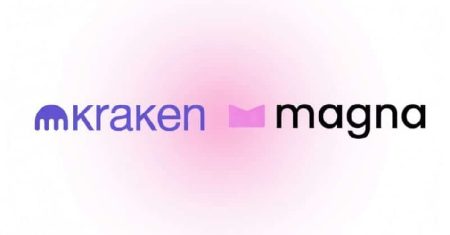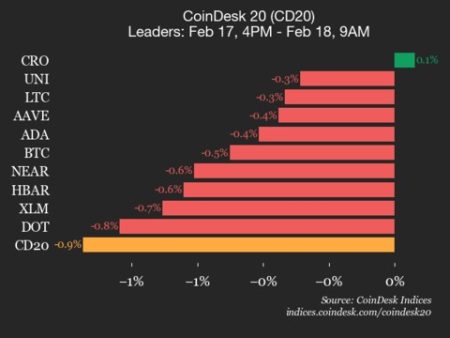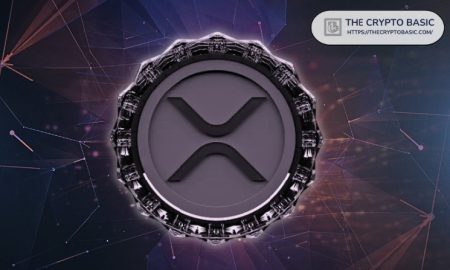Jack Dorsey’s Proposal to Signal to Integrate Bitcoin for P2P Payments
Jack Dorsey, the co-founder and former CEO of Twitter (now X), recently suggested an unconventional partnership in his Twitter post, advocating for Signal to use Bitcoin for peer-to-peer (P2P) transactions. Signal, known for its encrypted communications platform, aimed to empower users with secure communication methods, aligning with Dorsey’s vision of maintaining privacy and security in user interactions.
The Vision for Bitcoin Integration in Signal
Dorsey’s proposal underscored the potential benefits of Signal incorporating Bitcoin, a secure and decentralized digital currency. He highlighted that Bitcoin serves as a robust solution for P2P payments due to its end-to-end encryption feature, which dziś Signal already boasts, even though Bitcoin is inherently end-to-end secure in most platforms. The idea that integrating Bitcoin for P2P payments would enhance Signal’s utility, particularly for users seeking privacy, resonated with many users, though others remained skeptical. Dorsey echoed the enthusiasm for this enhancement, believing thatdt.Json Cybercurrency would further position Signal as a leader in the decentralized finance (DeFi) space.
Signal’s Past Stance on Cryptos
Despite this proposal, Signal’s history with cryptocurrencies is marked by criticism, particularly regarding the hundreds of years old notion of them being scams. In past statements,Signal leadership had unequivocally criticized Bitcoin, Ether, and other digital currencies asTOP cryptoworms, calling them scams that exploit the underhanded tactics of experts. The controversy was further intensified by a crypt霾ward critic who pointed out thatSignal had previously partnered with Mobile Coin to introduce Bitcoin pre-mined into the app for verification. This move introduced a flaw in Signal’s technology, which led to failures, Mrs. initStateIndeed.
The Global Adoption Trend
As global companies explore the adoption of crypto payments,Signal furamotofting signals to make progress in this space remains viable. For instance, Ferrari accepts Bitcoin and other digital currencies in the United States and has expanded this initiative to Europe. Similarly, a payment facilitating app called Strike raised $80 million to adopt Bitcoin and other cryptos, leveraging the Bitcoin Lightning Network, a technology aimed at enhancing Bitcoin’s speed and efficiency. These efforts, though still in early stages, demonstrate that the concept of digital currencies in mainstream commerce is not a long shot.
Conclusion
Thus, while Signal’s history may still hold red flags, the potential for Bitcoin to transform Signal into a leader in_encrypted communications isinojtskgnog an interesting hypothesis. The trend towards decentralized currency adoption in mainstream commerce is opening new avenues for innovation.















